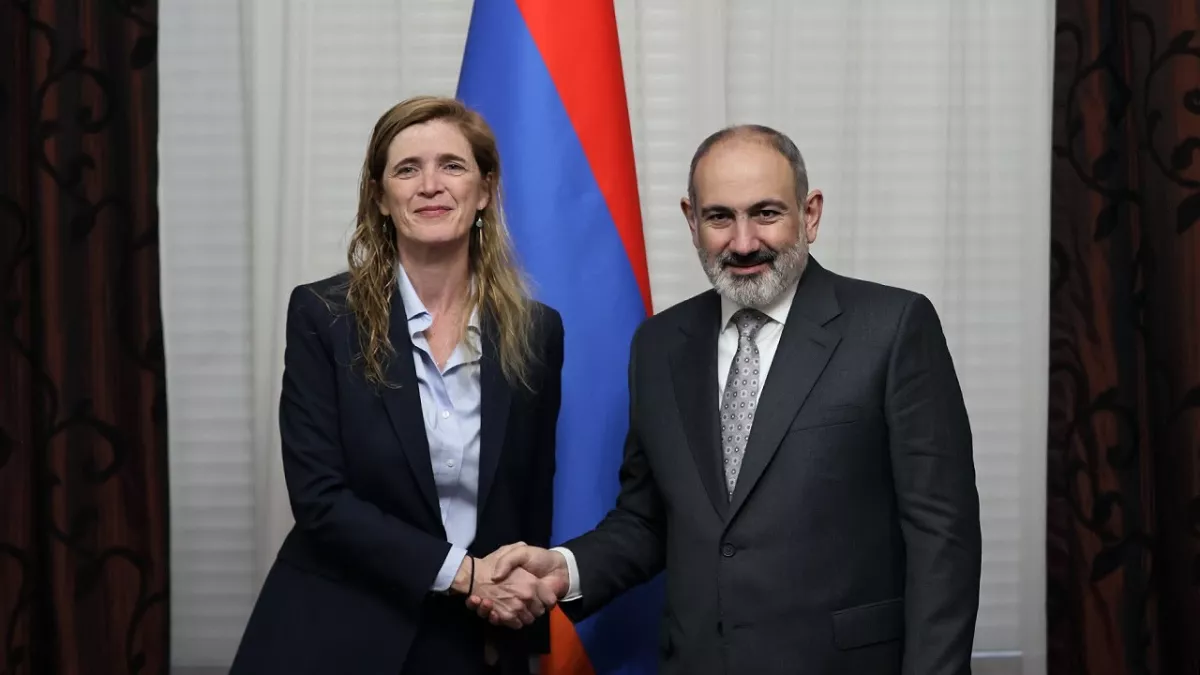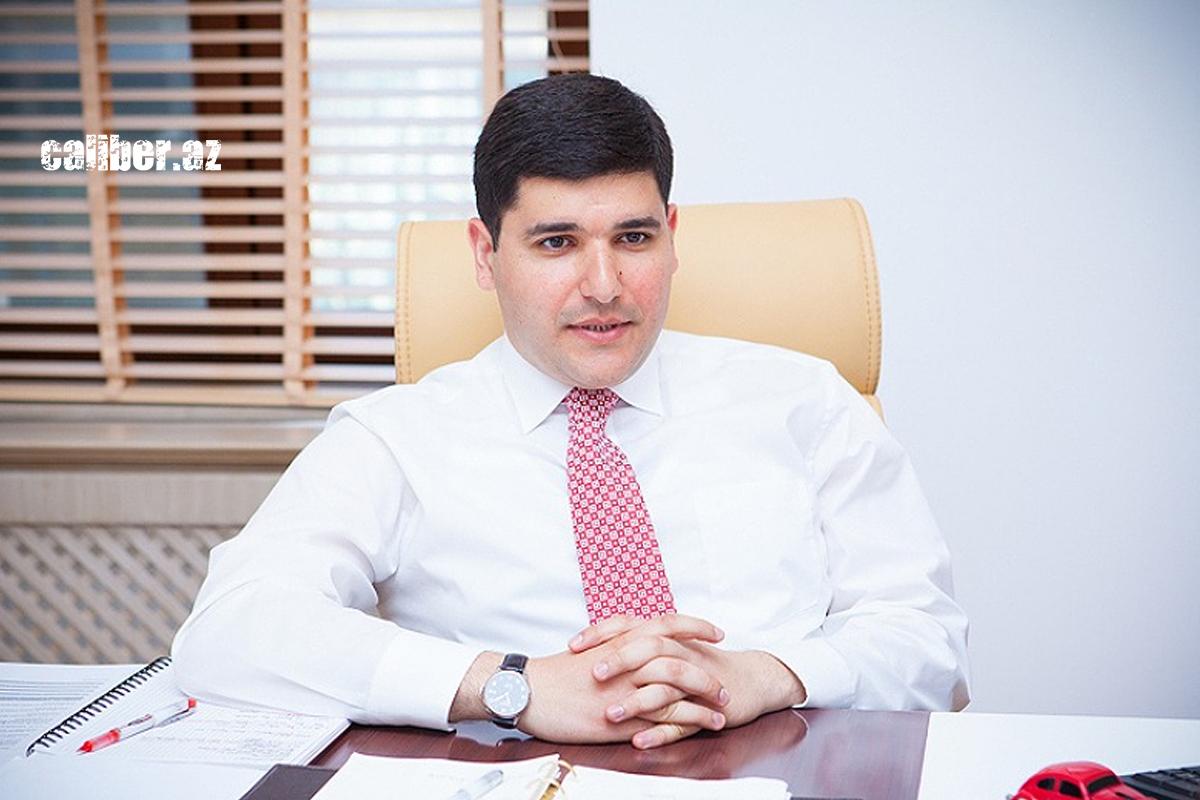Biden "lost" Pashinyan in the race for votes Political calculus
The trip of Armenian Prime Minister Nikol Pashinyan to New York was memorable not only for his hypocritical speech at the "Summit of the Future" but also for the failed meeting with US President Joe Biden.
Before we delve into this issue further, we would like to touch upon an article in the foreign press that our colleagues from Report.Az have drawn attention to. It concerns a piece titled "The Biden Administration is Preparing Armenia for Defeat," published in the traditionalist publication The European Conservative (likely affiliated with the American magazine The American Conservative). The author of the article is a certain David Grigoryan from Russia.

However, the message of his article is far from pro-Russian. The author positions himself more as a supporter of a radically pro-Western course. He not only criticizes the Prime Minister for collaborating with Russia but also states as a given, without needing proof, that it was the Russians who brought Pashinyan to power. He also recalls Armenia's participation in alliances with Russia and, of course, the assistance in circumventing Western sanctions. The author describes all of the Prime Minister's anti-Russian rhetoric as a smokescreen.
According to Grigoryan, all these factors cast a shadow on Biden's support for Pashinyan's government. Moreover, by backing what he describes as a "lame duck" who lacks popularity among the people, Biden is allegedly contributing to Armenia's downfall. The article contains many other assertions born from the inflamed mind of a defeated "Tsekhakron," discussing which would lend them some intellectual value. Nonetheless, the emergence of this article is interesting in terms of its context.
On one hand, it is strange to see a right-leaning publication criticizing liberals from even more liberal positions. Apparently, European conservatives harbour such strong disdain for the US Democratic Party that they are willing to publish any criticism directed at them. This further emphasizes how the global agenda is focused on the upcoming election cycle in the United States.
On the other hand, through such articles, the Armenian diaspora is sending signals to the Democratic establishment that they need to find someone better than Pashinyan. Thus, despite the chaotic nature of the article, its value lies in demonstrating the overall negative perception of Pashinyan from the pro-Western factions within the global Armenian community.

Azerbaijani political scientist Farhad Mammadov, Head of the South Caucasus Research Center, links the failed meeting between Biden and Pashinyan in New York to the sentiments of the Armenian diaspora.
Mammadov writes in his Telegram channel, “Mnenie FM” (Opinion FM), that “the situation revolves around the elections and the Armenian diaspora in the US. As previously noted in our discussions, everything in the US during this period is entirely focused on the election campaign. The main filter for all government activities is the desire to secure support from voters of all backgrounds. If it involves an ethnic group with strong lobbying, backed by bought congressmen and senators, then the expectations of that ethnic group become significantly more important.”
“The Armenian diaspora in the US is diverse, with two major organizations standing out, the most powerful of which is the ANCA (Armenian National Committee of America), consisting of remnants of the Dashnaktsutyun party. These radicals despise Pashinyan but advocate for Armenia. The ANCA does not engage with Armenia’s ambassador to the US, Lilit Makunts, who was Pashinyan’s former English teacher. This group received a letter from US Vice President and presidential candidate Kamala Harris on the occasion of Armenia's Independence Day, in which she mentioned that ‘a key condition for regional stability is the dignified return of Armenians to Karabakh.’ For radicals like the ANCA, there is a distinction between supporting Pashinyan and supporting Armenia. They support US assistance to Armenia but oppose support for Pashinyan. In contrast, the Biden administration supports Armenia because of Pashinyan…” he continued.
Thus, according to Mammadov, Biden's refusal to meet with Pashinyan is “a call to Pashinyan that domestic political trends in the United States are more important than foreign policy, and Pashinyan may be neglected if necessary...”.
Theoretically, this could happen at the moment when a charismatic politician of an openly pro-Western persuasion, unconnected with Russia, looms on Armenia's political horizon.








